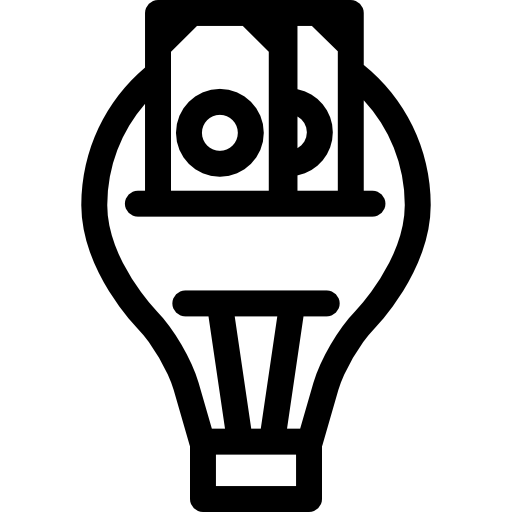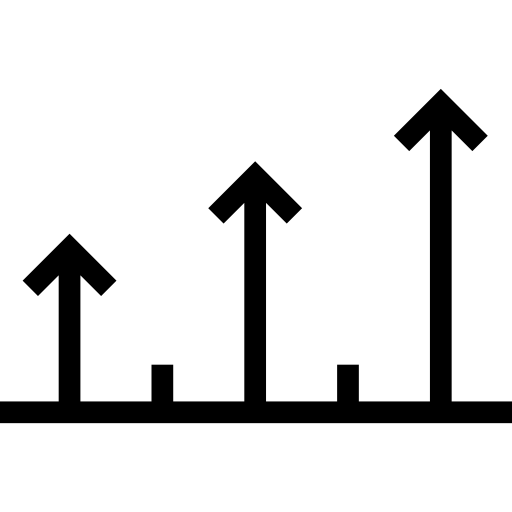
Starting date :
Jun. 2023 > May 2026
Lifetime :
36 months
Budget :
1,86 m€

Program in support :
EJP SOIL - European Joint Project COFUND
The French National Research Agency (ANR) under grant ANR-23-SOIL-0002-04

Status project :
In progress

CEA-Leti's contact :

Project Coordinator :
Uni Kiel (DE)
Partners: - CEA-Leti (FR)
- Tyndall National Institute (IE)
- Fraunhofer (DE)
- Uni Gdansk (PL)
- UTAD (PT)
- Uni Finland (FI)

Targeted Markets :
Water and soil quality
Keywords :
Soil quality, real-time monitoring, soil solution, modelling, nano-electrodes, wireless underground sensor network
Credit photo :
CEA-Leti
|
Stakes
CEA-Leti’s main contribution to the Famosos project aims to develop a real-time platform of chemical/biochemical/electrochemical-sensors for the detection of nitrates, dissolved oxygen, humidity and pH in soil.
CEA-DSYS will work on the integration of chemical / biochemical / electrochemical sensors to bring them up to system level.
Objectives
- Optimizing farm management practices for soil health and functioning is hindered by the lack of technologies for real-time in-situ measurements of soil functioning indicators. In this project, we will develop a measurement system, which will provide real-time soil data of material fluxes, including nitrogen (ammonium, nitrate, nitrous oxide),moisture, pH and dissolved oxygen.
With the development of the real-time monitoring system, we will address on-going challenges in soil monitoring, which is typically laboratory based, costly and time consuming. Real-time data, using a simple, accurate and efficient sensor system will enable process based understanding of nitrogencycling, and provide valuable data for use in process-orientated models. A miniaturised sensor system for obtaining soil water samples and in-situ processing will be developed. The system will consist of a porous ceramic probe, combined with a micro pump, a sensor, and an antenna for wireless data transmission. The sensor will consist of gold and platinum nanowires with different electrodeposited over-layers, permitting selective and multiplexed detection of different analytes (NO3, dissolved oxygen, pH). The use of ultra-small nano-electrodes for soil nutrients monitoring offers many advantages, including shorter response times, increased sensitivity and greatly reduced sample volumes.
To ensure efficient and reliable data collection, a wireless underground sensor network will be used, in which buried wireless sensors communicate to each other or with nodes located aboveground. A dedicated device having wireless interface based on one or more of the existing communication standards, reconfigurable antennas and a processing unit will be developed. The objectives of the project are to identify, through a convergence between information and communication technologies (ICT), laboratory and field experiments and processbased modelling, climate-smart sustainable soil management that (i)allows sustainable food production, (ii) increases soil carbon sequestration, and (iii) sustains soil health and functioning.
The system will be installed in farm systems in Germany, Portugal, and Finland to test a range of farming systems including conventionally and organically managed and diverse cropping and grassland systems. The collected data will be used in the biophysical Agricultural Production Systems Simulator (APSIM) to allow for the assessment of management practices and their effectiveness in lowering the environmental impacts of agricultural production systemsbased on underlying farm characteristics. The model will identify climate-resilient and sustainable agricultural systems which optimize production while creating desired environmental outcomes, including the reduction of nutrient losses, the reduction of GHG emissions (aiming for climate neutral), and the preservation of biodiversity.
The project will bring together a highly experienced team, with expertise in soil physics and biophysical modelling, soil microbiology, farm management, and ICT, including sensors and wireless data transfer.
Impacts
- Knowledge development concerning soil quality monitoring, sensors development and integration and data management platform through smart gateways.
Networking in sensors, Power Management and artificial intelligence. This organization is an efficient tool for the development of a first proof of concept and promotes the value of CEA-Leti know-how.
|
| |
|